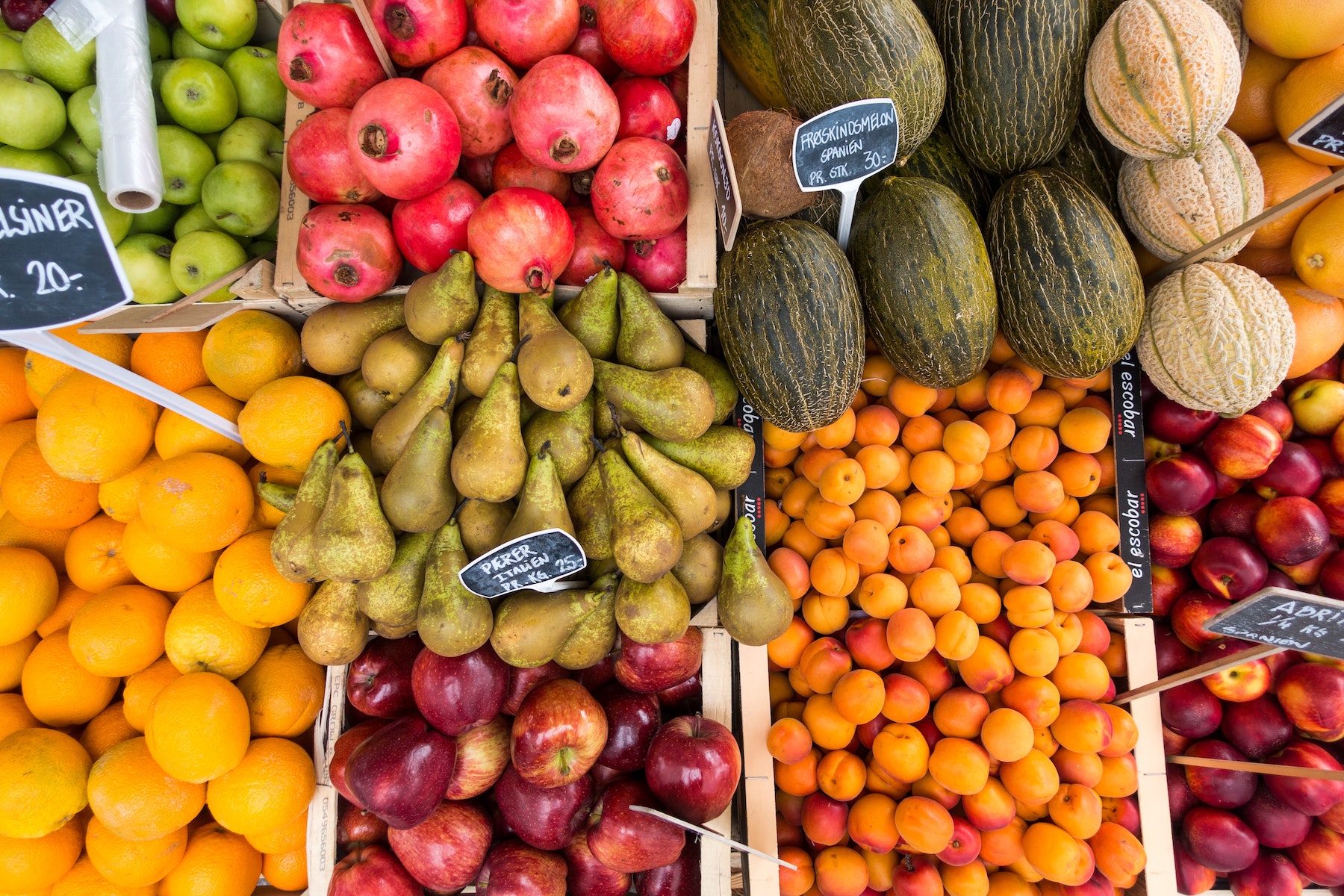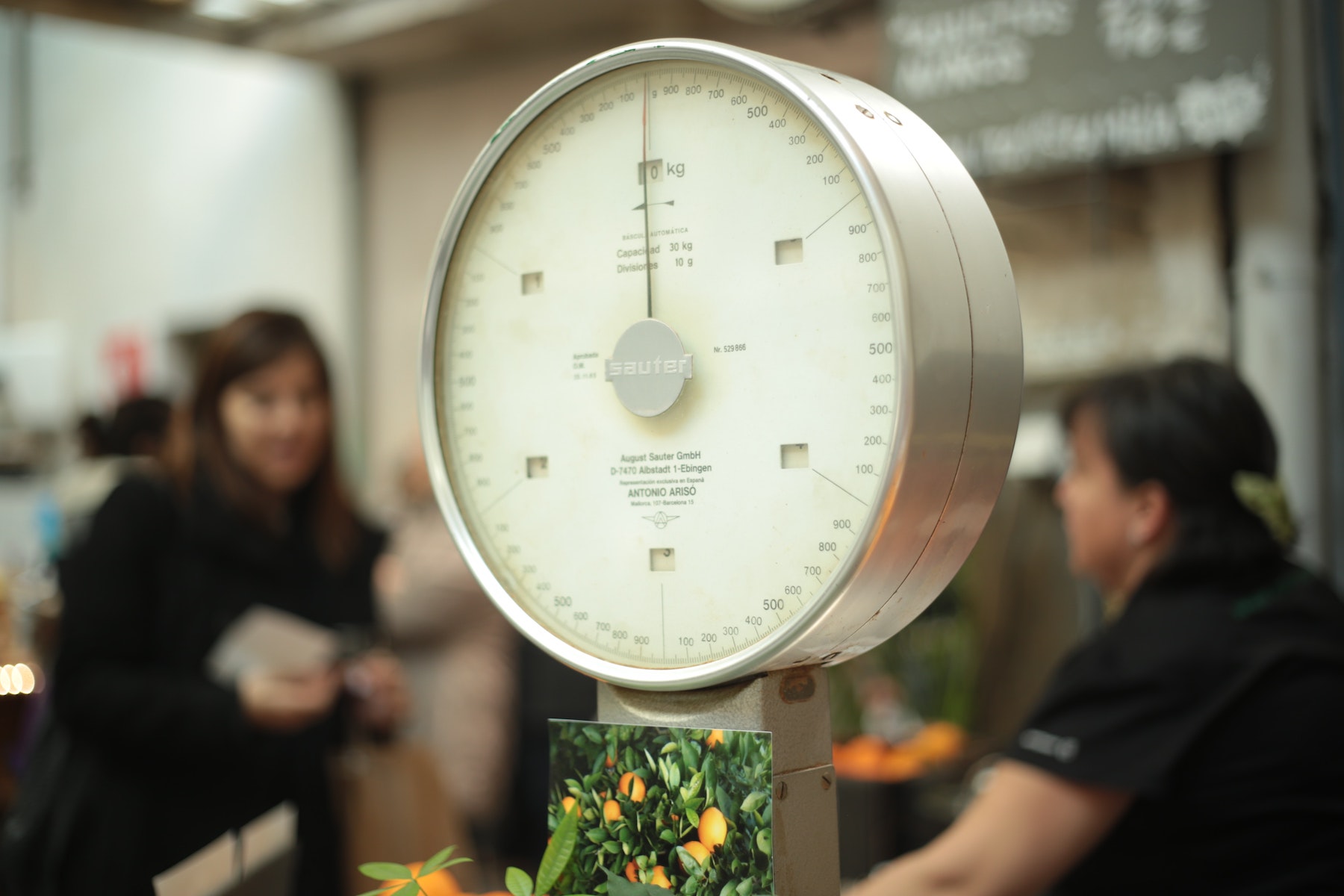5 Tips For Success At Your First Farmers' Market
As a market gardener, one of the best ways to sell your freshly grown vegetables is at a farmers' market.
The farmers' market is a great way to showcase your products and connect with customers who appreciate what you do. And if you've never sold at one before, don't worry, we've got some tips for making your first experience as smooth as possible!
Prepare your products
Make sure your produce is safe to sell, reasonably priced and well presented.
Vegetables should be clean and free from mold or rot, but also appeal to those who are looking for a more rustic alternative to bland supermarket perfectionism. The odd wonky carrot is a good thing!

Farmers' market shoppers are a cutthroat bunch who'll buy the first thing that catches their eye if it's on sale for 50 cents less than what you're charging. Be sure to price your produce competitively in comparison to your peers.
Make sure that your booth is well-stocked, clean and organized so that customers can easily find what they're looking for without having to look around too much.
Connect with other vendors
The best way to succeed at your first farmers' market is to connect with other vendors. They will have the best advice for how you can be successful, what works for them and what doesn't work for them.
Ask for help when you need it. Don't be afraid to reach out if there's something that you don't know about or are struggling with, such as pricing or the art of customer service.

If you're having a particularly slow day at the market, ask another vendor if they would want to sell some of your produce which may compliment their own products. For example, if another vendor is selling flour and butter, why not see if they want to add some of your rhubarb so customers can make a delicious crumble?
Share tips about what works for them and what doesn't work. Sharing success stories is always helpful in terms of helping others learn how they too could achieve similar results in their own business ventures - whether these involve farmers' markets or not!
Get your pricing right
Pricing your product is sometimes the hardest part of selling at farmers markets. How much should you charge for a pound of strawberries? If a customer wants to buy them by the bunch, how much is that?
The best way to get started is by researching what other farmers are selling their products for, and then setting your prices accordingly.

If you've been in business for a while and have figured out how much it costs you to produce each item (including labor), then consider pricing that too. Customers will have a better idea of why something costs what it does when they can see how much time and effort went into its creation.
Finally, keep your goals in mind! What do you want to make from this experience? It's important not only to price according to the market but also according to yourself; otherwise, this whole enterprise could quickly turn into a money pit!
Also make sure that the prices are clearly marked on each item so there's no confusion about how much something costs when someone wants to buy it off of your table!
Show up with the right materials.
Bring cash. You don't want to accidentally run out of money, so have at least $50 in cash on hand. Bring a calculator, pen and paper. You'll definitely want to keep track of your sales totals, so consider bringing along a calculator or even just writing down the numbers as they come in. This will help ensure accuracy and make for easier bookkeeping later on!
If you're selling vegetables by weight, don't forget the all-important scale! Make sure if can weigh your largest item. A small digital scale is fine, but ideally use a large scale which both you and the customer can see the displayed weight.

You can also use Market Garden Pro to track your orders in real time if you have your laptop, smartphone or tablet.
Take notes on what works
You should take notes on what works and doesn't work for the next time you go to a farmers' market. You can use this information to change your product or business plan so that it is easier for people to buy from you in the future.

Keeping track of your best-selling items for a particular market may help you plan crop better for next season.
You’ve got this!
If you have passion for your product and a willingness to learn, then selling at farmers markets is an opportunity for success. Keep in mind that it takes time and patience to understand how these markets work; there will be days when things go smoothly and others when they don’t.
But remember: The key is to keep showing up and keep trying new things until you find what works best for your business.
Try MarketGardenPro for Free